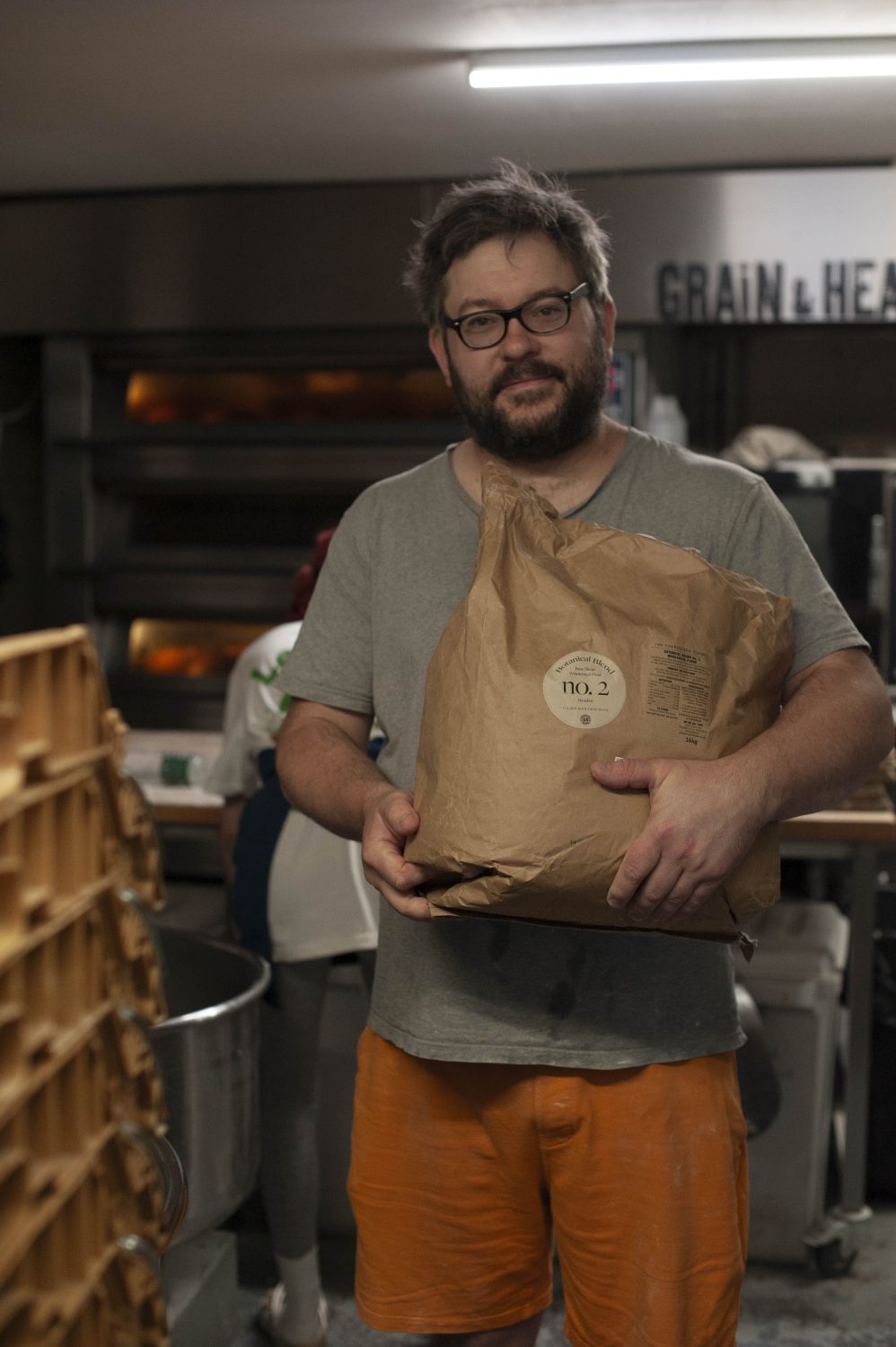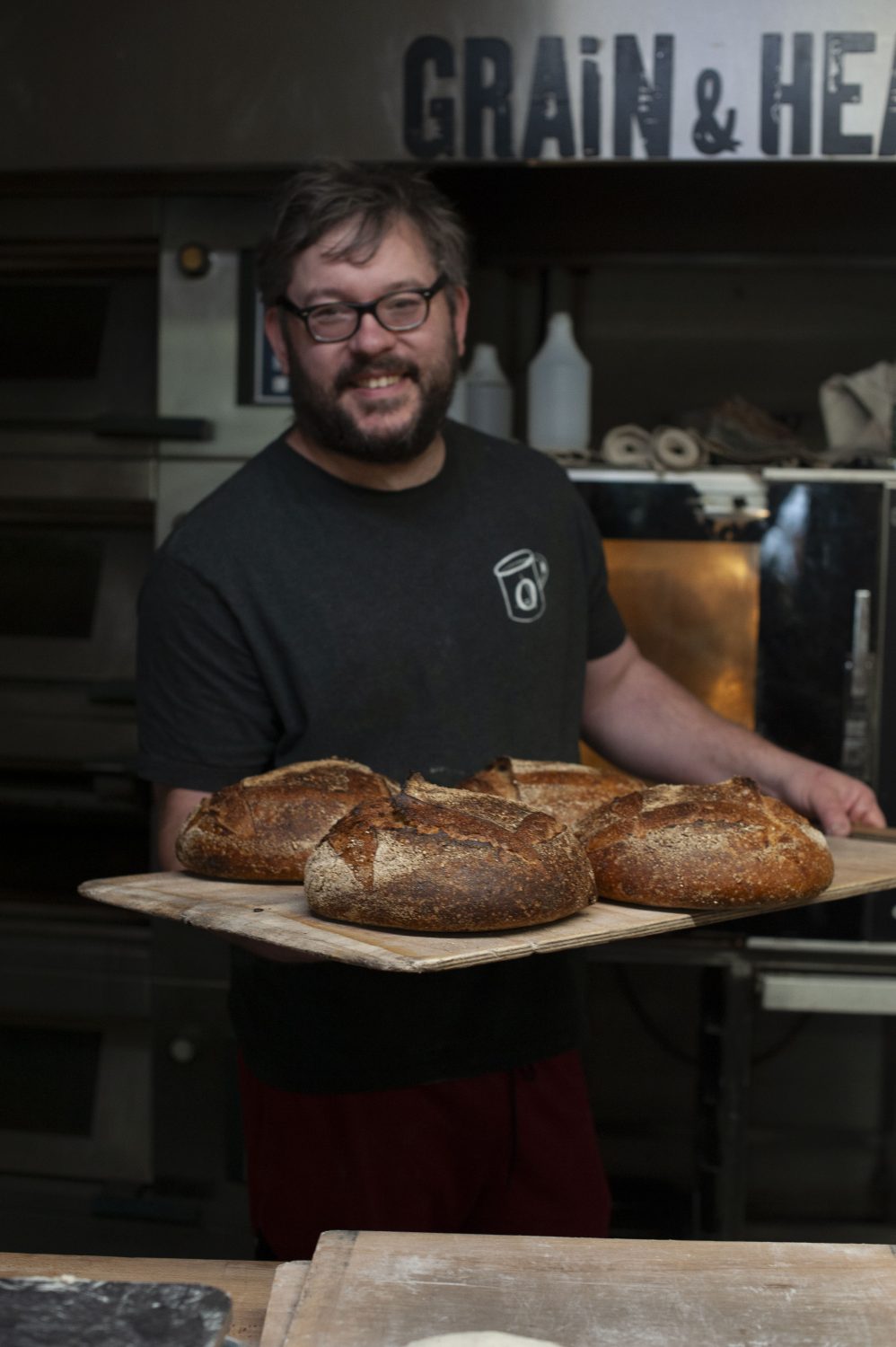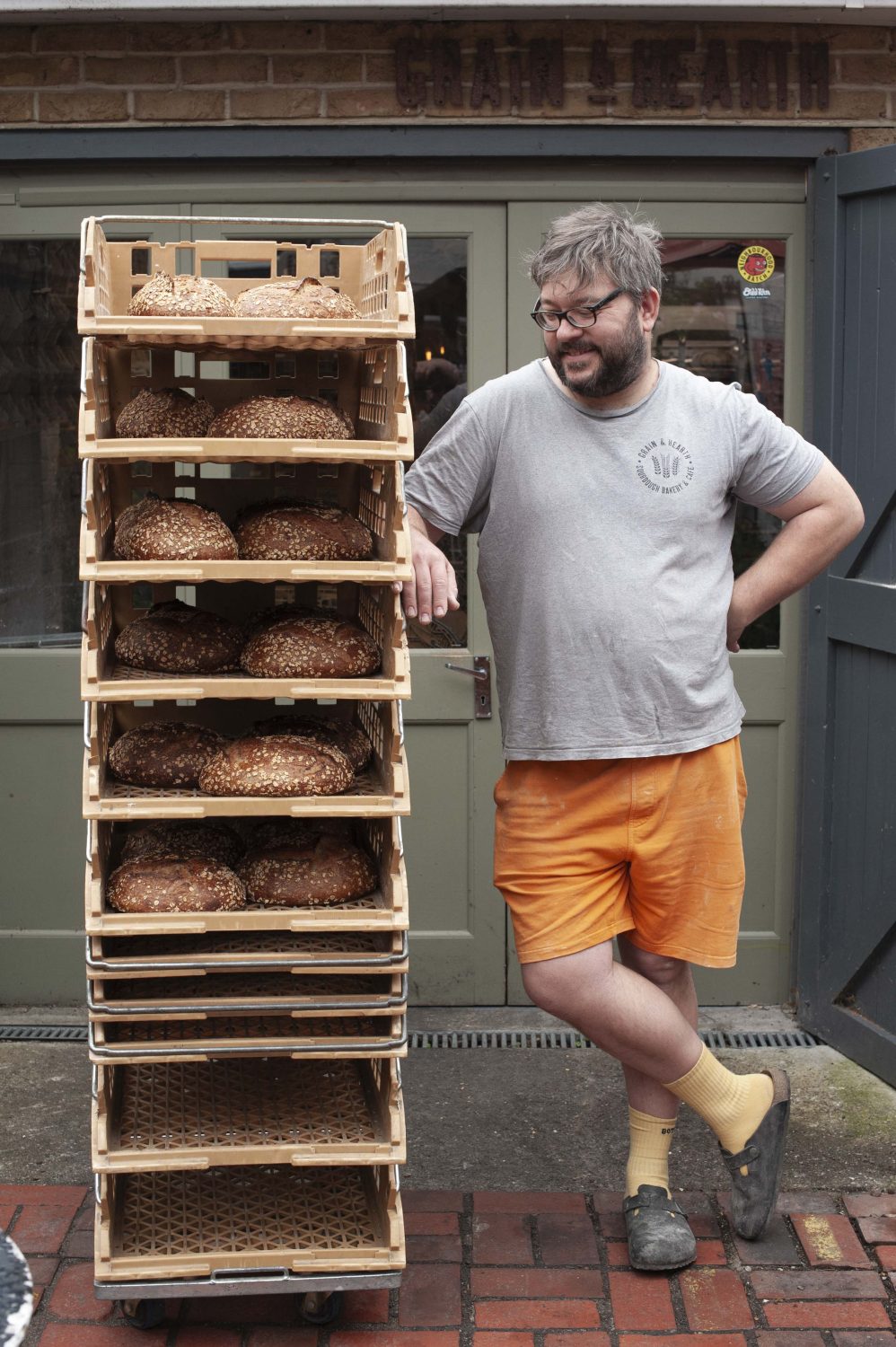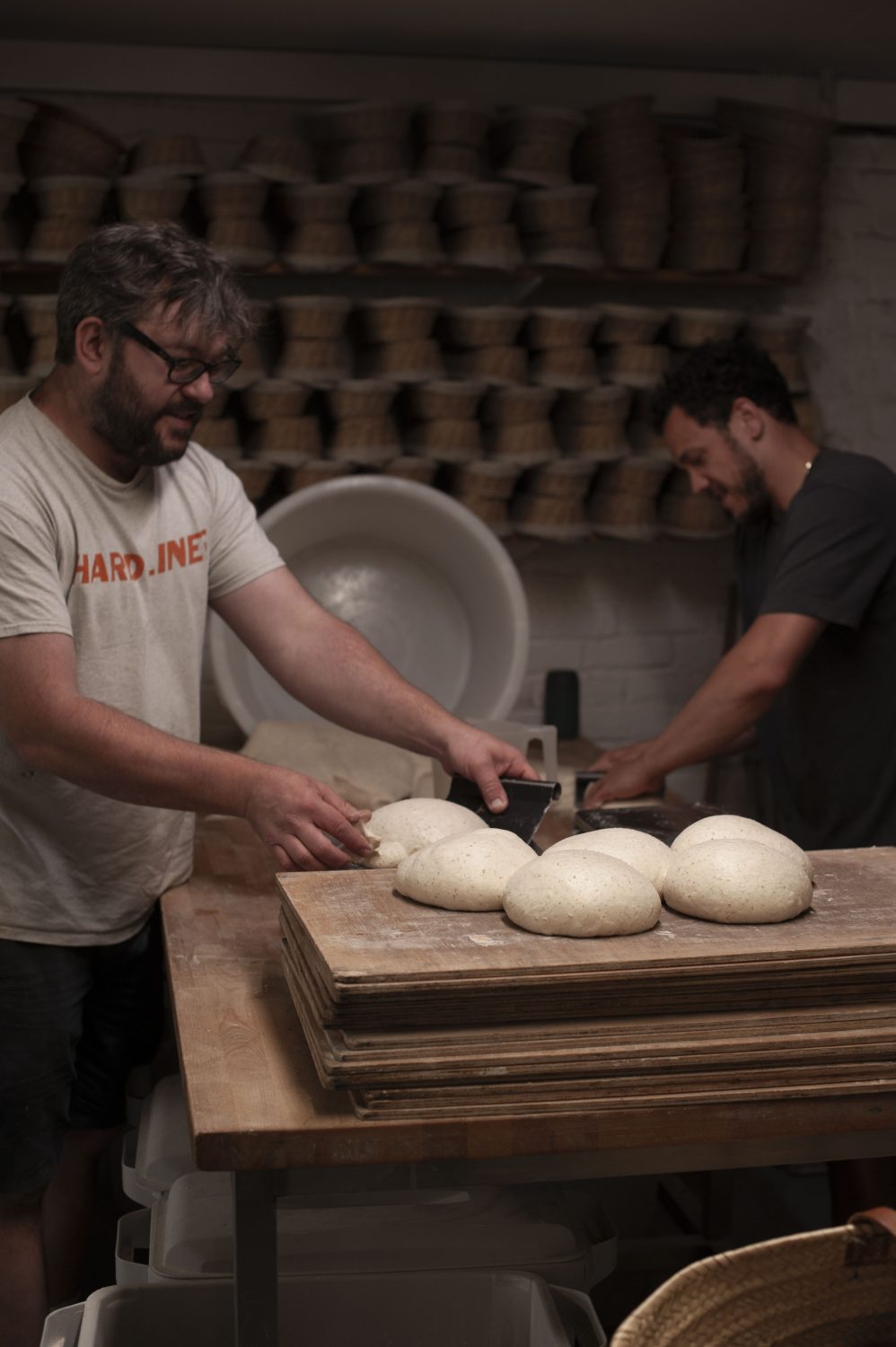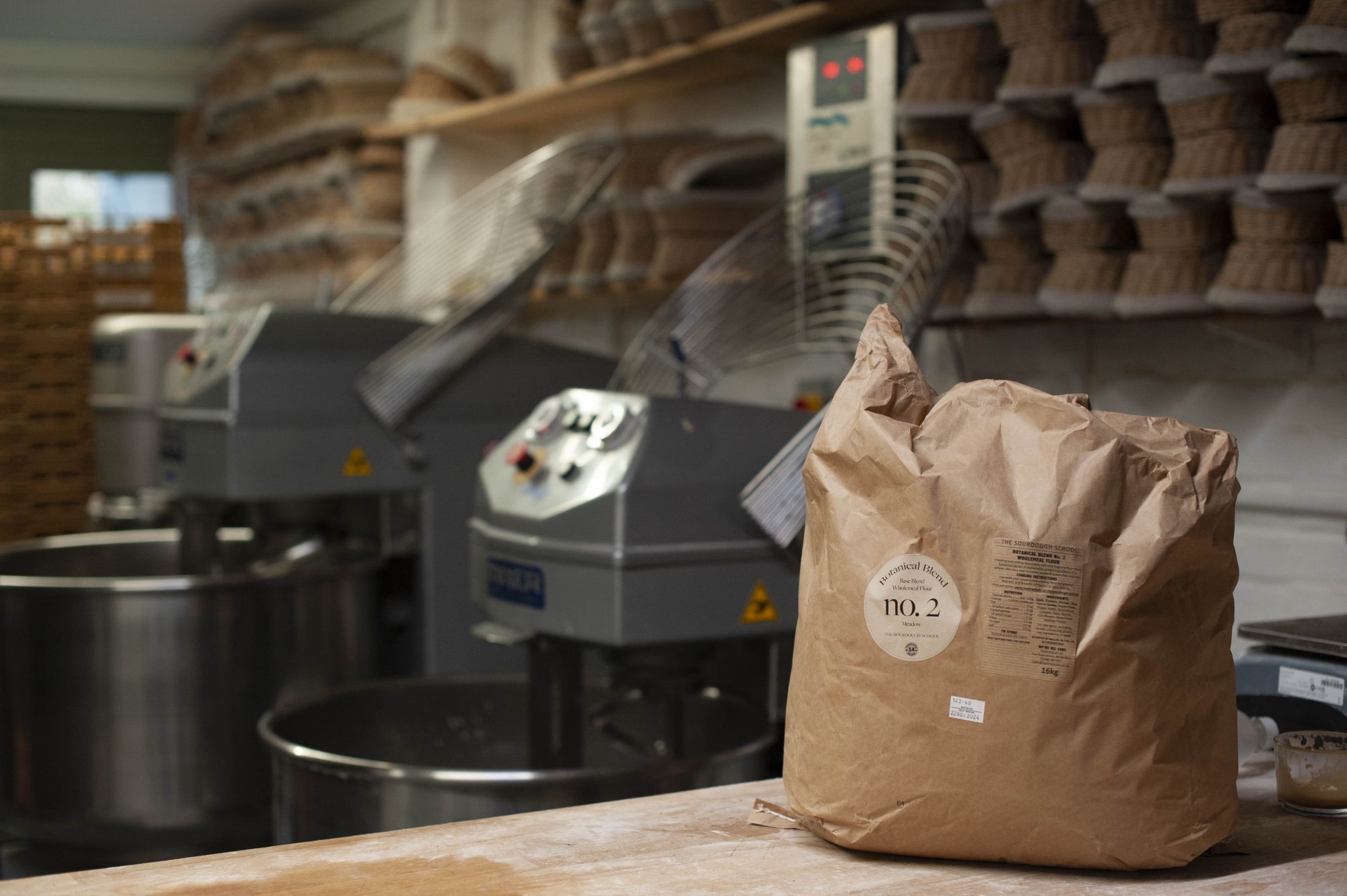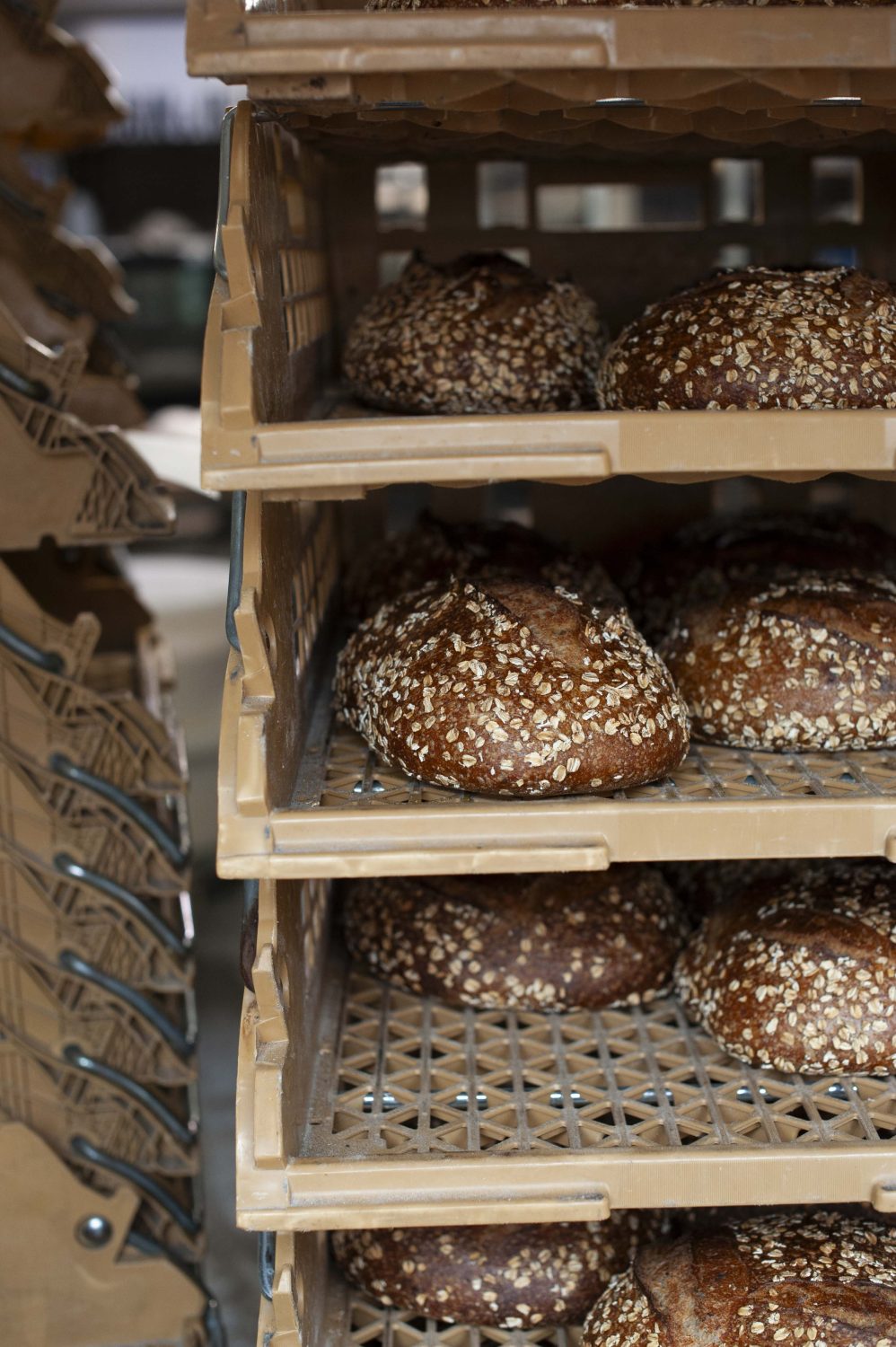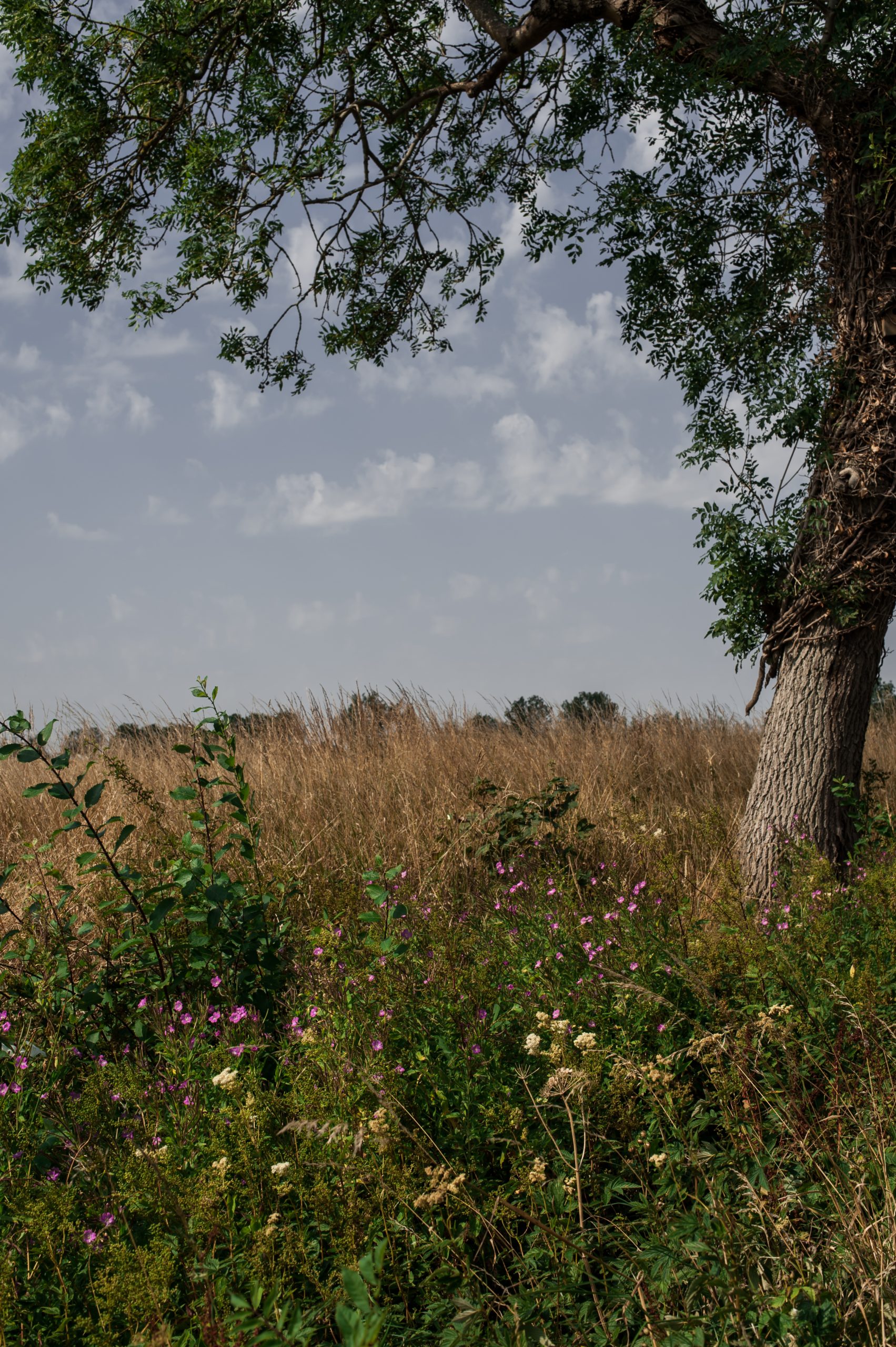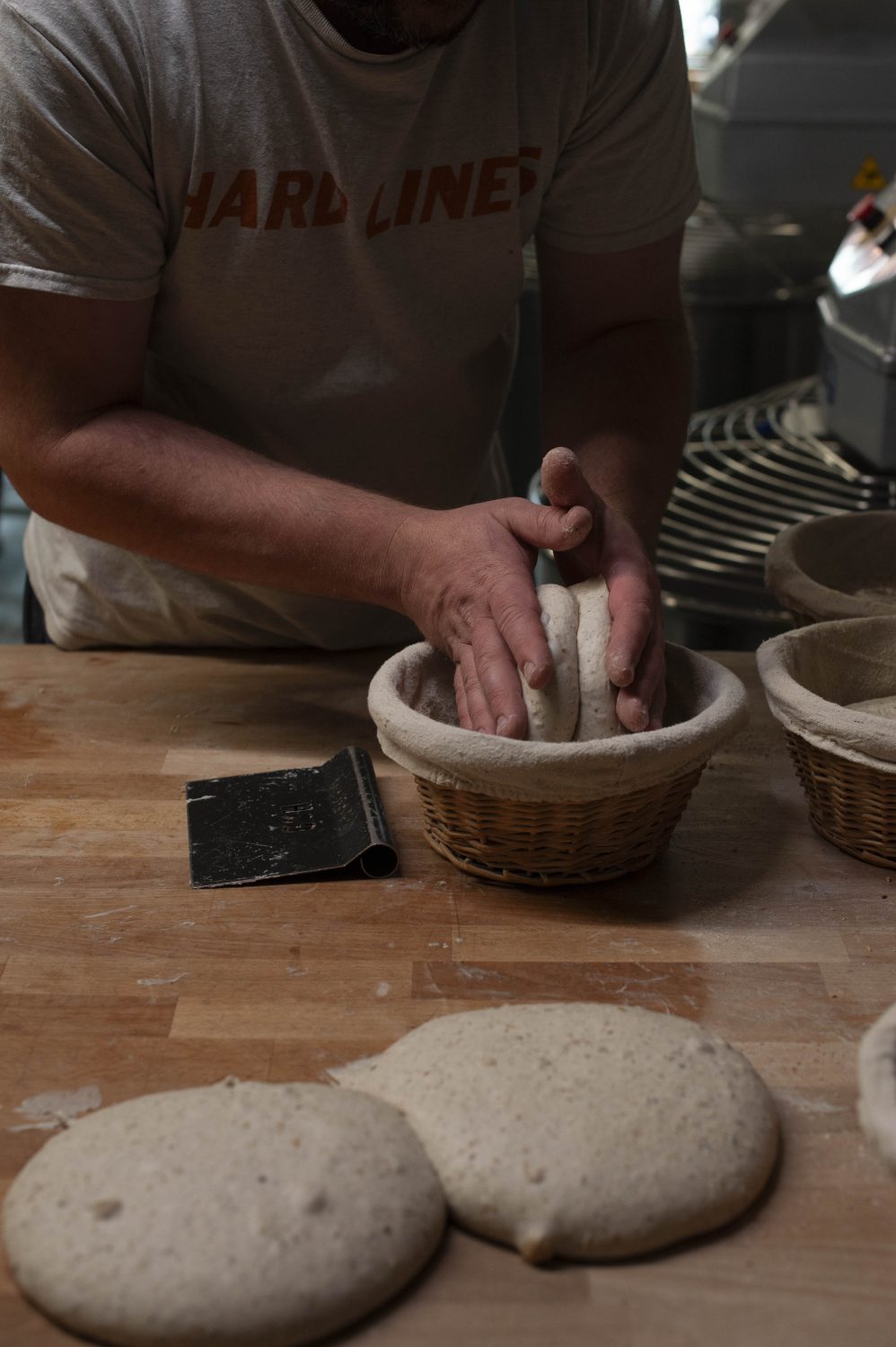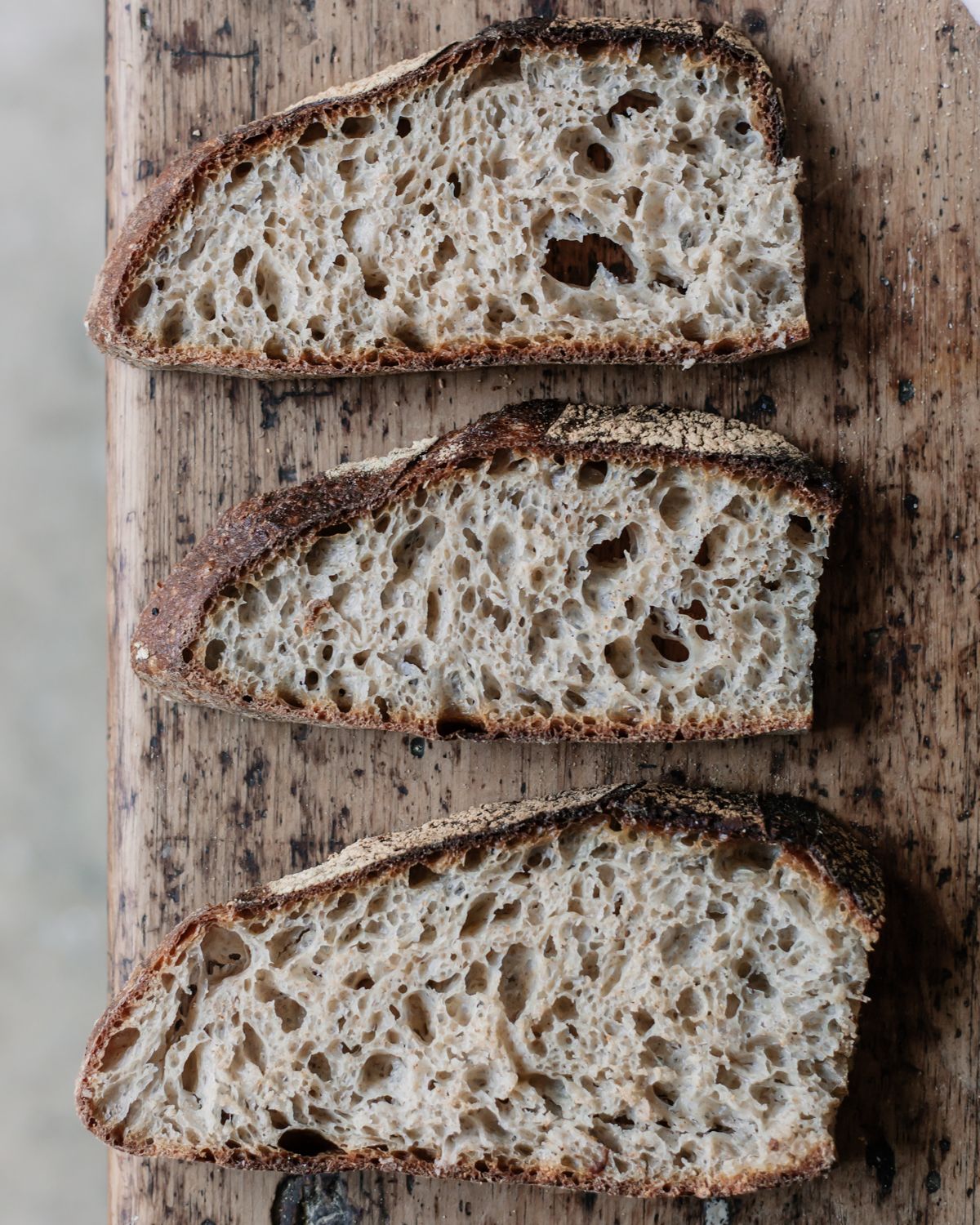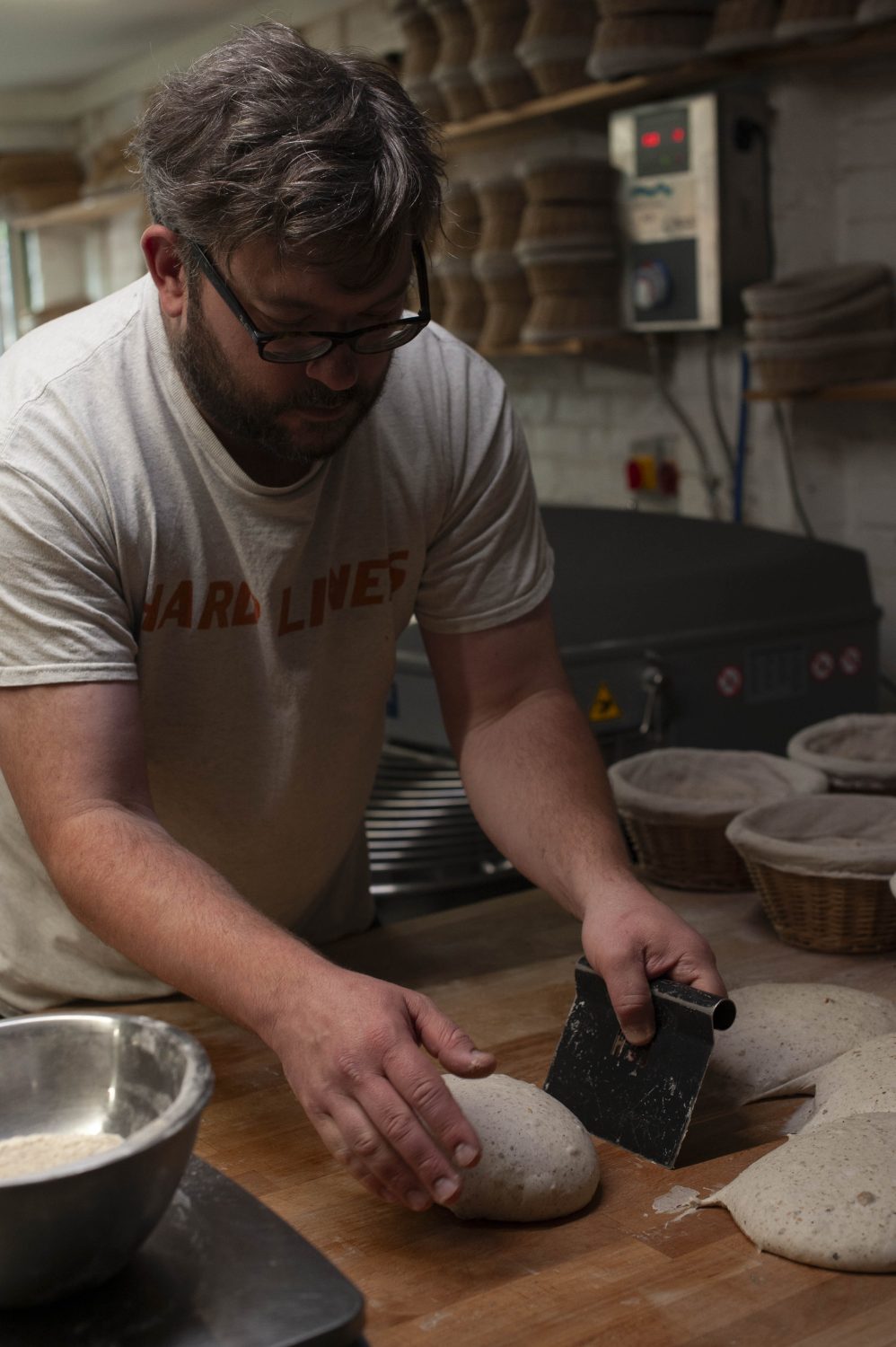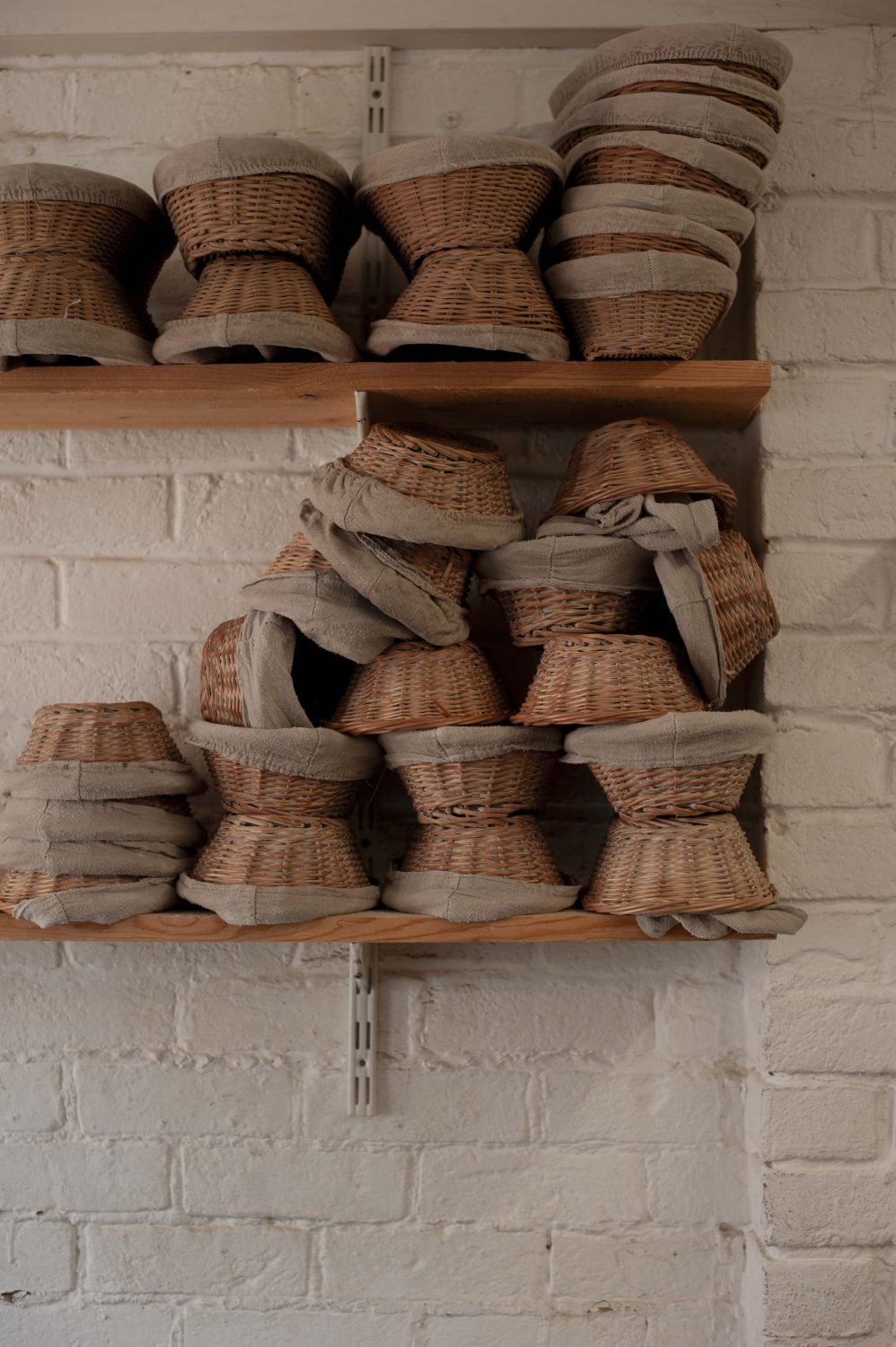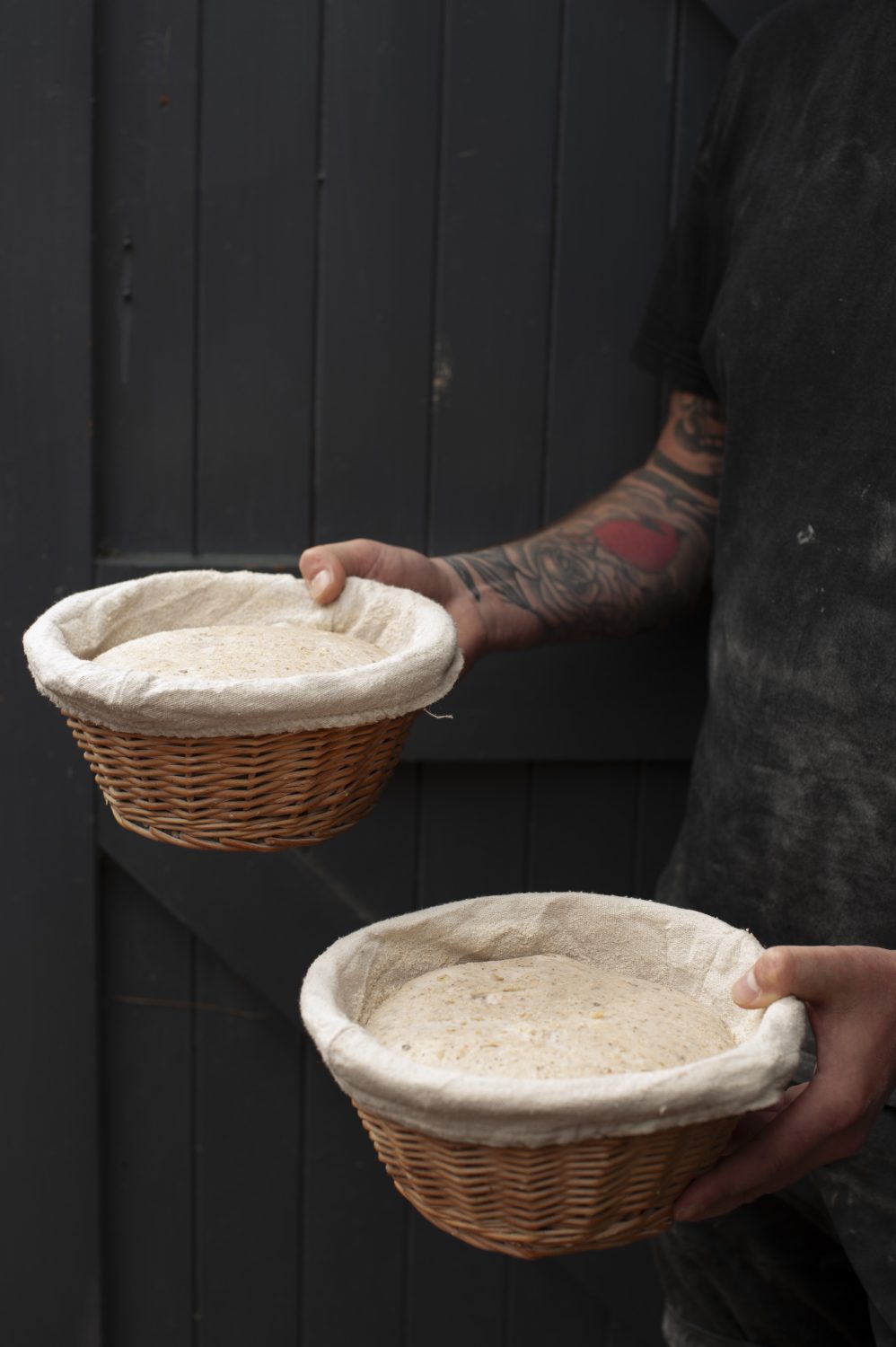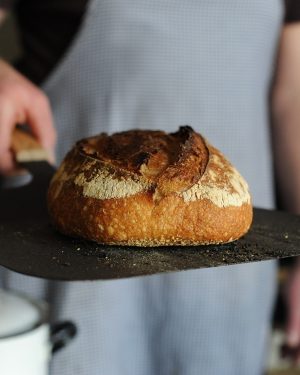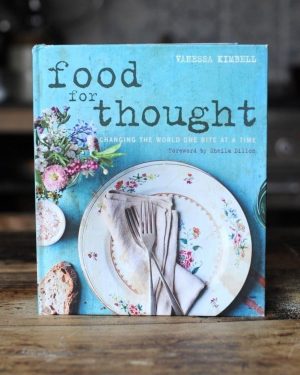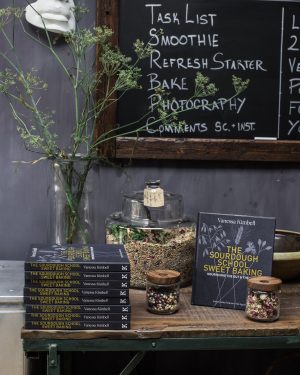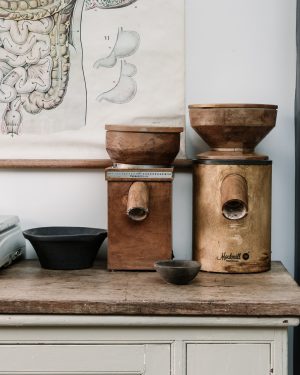Description
Base Blend No. 2: Meadow Blend Flour – this is our signature blend at The Sourdough School and the very first Botanical Blend Flour to be launched and available for sale.
This is our base blend made with spelt, einkorn, emmer, barley, naked oats, poppy seeds, buckwheat, linseed, dried peas, dried edible meadow flowers, cornflower, mallow flower, rose petals & dried nettles. Commercial –
16kg bag of flour
Ingredients
- Spelt
- Einkorn
- Emmer
- Barley
- Naked oats
- Rye
- Poppy seeds
- Buckwheat
- Linseeds
- Dried peas
- 3 different dried edible meadow flowers, such as cornflower, mallow flower and rose petals
- Dried nettles
Shipping note: this blend is currently available to ship to UK ONLY. We hope to be able to ship this item to the EU again soon once post-Brexit customs issues are resolved. International delivery will also soon be available.
Botanical Blends
Creating and milling Botanical Blends is a simple, delicious part of creating bread and bakes that nourish. But is also powerful defiance against the global industrialisation of our most basic food and absolute rejection of monoculture.
It is time to rethink flour.
The foundations of baking sourdough are flour, salt, water and fermentation. It’s simple, but there is a fundamental flaw in this principle: the flour. Most commercial flour is based on monoculture.
Using just one ingredient went against our core principle at The Sourdough School, which is to bake to nourish the gut microbiome. Whilst there is still much to be discovered about our microbiome, all the research points over and over again to a simple fact: the wider the diversity of your gut microbiome, the more robust your health. This research is irrefutable; eating a diverse range of plants is one of the key factors affecting gut health. But achieving diversity in our most basic of foods, bread, in the current system is complicated, and both farmers and millers are trapped in an industrial system.
Our Botanical Blends are a starting point to changing this approach and add another dimension of flavour and nutrition to your baking. By milling our own flour, we are supporting small farmers directly, and by gathering all the edible ingredients in a meadow, such as flowers, wild herbs, rosehips, roots, spices, fruits and bee pollen, and then combining them with other botanicals such as tea, red onion skins, citrus zest, sea weed and legumes, we can mill the whole meadow and more to make exquisitely soft and fragrant flour.
____________________________________________________________________
A collaboration
I am delighted to be collaborating with Hodmedod’s.
Their work is ground-breaking, supporting an approach to farming that is respectful of the land and traditions. It is about a system that encourages wildlife and natural flora and fauna. It always comes back to diversity and whenever we chat, Josiah is almost always out and about, usually in a field, in his Wellington’s checking on a harvest with a farmer – and without a proper phone signal! Hodmedod works with British farmers to provide pulses and grains from fair and sustainable UK production, organic where possible.
The company was founded in 2012 by Nick Saltmarsh, Josiah Meldrum and William Hudson to change the way we buy beans and other products from British farms. When I met Josiah and explained my work on milling “a meadow” and re-imagining flour and how diversity is one of the core principles of nourishing and balancing the microbial community in the gut, it was evident that our approach was in total synergy.
Goosebumps
What should have been a two-hour meeting was almost six, and I got goosebumps as I we found link after link between – and synergy in the approach to milling flour from the whole meadow and the Hodmedod’s approach to working and supporting British farms. Even more amazing was that several of the farmers we have been working with for many
years were already collaborating with Hodmedod’s. I love this amazing connection they have with the land and the farmers, and their passion in searching out lesser-known ingredients like the fava bean – grown in Britain since the Iron Age, but now almost forgotten; and black badger peas that we use in our Base Blend No 2.
Exquisitely soft and fragrant flour
Blends made with hand-harvested herbs and flowers, our botanical blends make exquisitely soft and fragrant flour, that add another dimension of flavour and nutrition to your baking.
For centuries we evolved with natural diversity and followed the seasons. For early Neolithic hunter-gatherers, collecting a wide range of food to incorporate into their daily diet was an unconditional gift given by nature. Our great-grandfathers set about industrialising our food, systematically selecting specific grains, which they named and narrowed down. Without realising it, they destroyed and discarded the thing we need most: diversity. The research is irrefutable; diversity is one of the key factors affecting gut health. But achieving diversity in the current system is very complicated. Farmers and millers are trapped within this system. But we can break out.
The answer is to rethink flour and bring back diversity by creating our own botanical blends.
My Botanical Blends were inspired by standing in fields of grain and seeing a beautiful sea of colour and diversity. These blends reflect the way these grains grew naturally, before “industrialised” agriculture. There are wild oats, brome grasses, cornflowers, poppies, fragrant herbs such as oregano, and wild legumes such as vetch and charlock, not forgetting wild mustard seeds, known as ‘Poor Man’s Pepper’). Each plant has different biomolecules and this diversity is exactly what our own gut microbes need to thrive.
Diversity Score
This is a game changer.
In the summer of 2016, we began giving our blends a diversity score. Diversity is central to nourishing the gut microbiome. The higher the diversity of microbes in your gut the more robust your health. Increasing the diversity of ingredients, we consume supports the diversity in our gut microbiome. Diversity is central to nourishing the gut microbiome the diversity score for each recipe is calculated according to the number of diverse ingredients it contains. Research suggests that we should be aiming to consume a diversity of 30 different ingredients each week. When you look at what grows in a meadow, I realised that the diversity is right there in front of our eyes – we just we needed to look at flour differently. With a goal of 30 I started creating our Botanical Blends and combining with muesli porridge for our sourdough porridge loaves and we easily achieve a score of 30 with just one bite.
Counting the diversity also really brings home the monoculture message when you look at bread made using conventional flour as (barring salt which I count only if it is sea salt or rock salt,) most bread is simply flour salt & water which has a diversity score of just 1.
Starting Point
I hope you will enjoy using our blends. But more than that, I hope you will go on and create your own blends, gather your own edible flowers and begin using fresh herbs and spices. Although I’ve created these blends, the anarchist in me will be celebrating when you start making your own blends with your own seasonal, local ingredients.
Think of these blends as a starting point, because my hope is that I will change the way you approach your bread and baked goods forever, and that you fall in love with the joy of discovering the beauty and synergy of diversity and abandon the industrial monoculture approach to baking.
You can use increase the diversity by adding either fresh or dried herbs and flowers in these blends, but bear in mind that if using fresh ones, the flavour will be less concentrated, and you will need to chop them finely, mix in with the grains and mill immediately.
* Before you mill fresh flowers or herbs, please check that your flowers and herbs are edible as some wildflowers are poisonous.
Make our Base Blend No. 1
A blend of both modern & ancient
Using both modern roller milled bread flour and the botanical blends your bakes have had the best of both worlds, a diverse wholegrain and heritage, freshly-milled flour plus the crumb structure offered by modern varieties. One of the most versatile ways to use this flour is to use it to make a hybrid blend as this will give many of the doughs in our recipes the structure they need. The basic & high hydration sourdough boules from page 116 in The Sourdough School recipe book & the advanced recipes in The Sourdough School Sweet Baking, such as the Danish & Doughnuts need gluten structure. These bakes simply do not work without some gluten strength, so we make use the properties of the freshly milled botanical blend for flavour, texture & diversity & we combine organic modern white roller-milled 13% protein flour for gluten strength.
How to use the flour – blending
Where do I start?
LEAVEN – using botanical blends in your leaven creates an amazing base for your bread. You will need to make an adjustment to the timings as freshly milled wholegrain flour can ferment almost twice as fast as a commercial wholegrain flour. This is due to extra nutrients and levels of enzymes
BREAD – the blends have been developed to work with the recipes in our books and the sourdough club, but to use a botanical bland in other recipes a great start point is to use 200g of a freshly-milled botanical blend and mix this with 800g of organic, white flour which has 12 to 13.5 per cent protein.
CAKES – we use 100% freshly milled botanical blends in all almost all of our sourdough cakes.
BLEND – you can also use 50% of any botanical blend to flour to white roller milled for our Classic 50% boule too.
100% Important note: If you are using 100% freshly milled wholegrain flour to make our 100% sourdough bread, then the freshly milled proteins will have not had time to oxidize, which is one of the contributing factors to gluten strength. So, we recommend that if you are new to baking then when using freshly milled flour above 50% in a bake, you treat as an ancient grain and make a tinned loaf.
100% Profits Dedicated to Awards
What sets our programme apart is our commitment to reinvest 100% of the profits from the sales of Botanical Blend flour back into The Sourdough School. Every purchase directly supports the BALM Diploma Awards, ensuring that more healthcare professionals and community bakers can access this transformative education regardless of their financial situation.
Vanessa Kimbell
